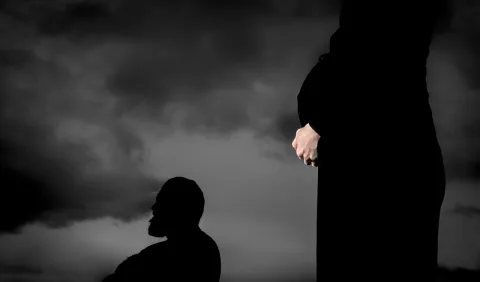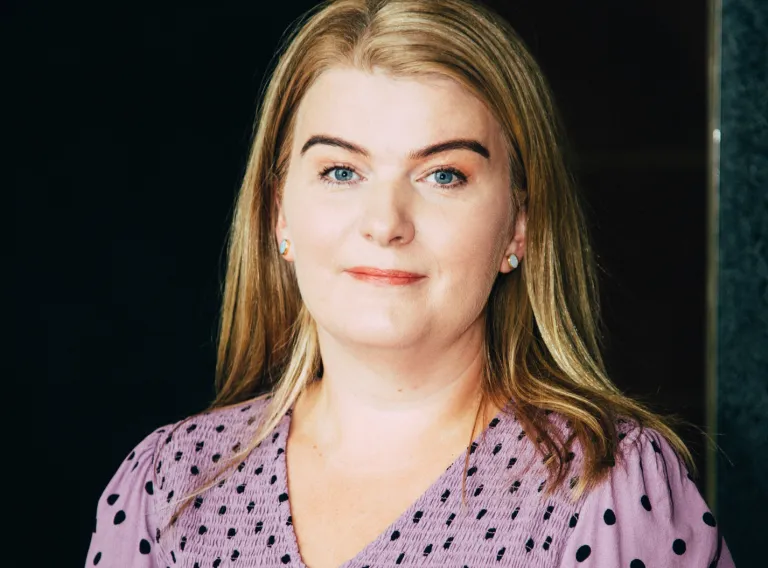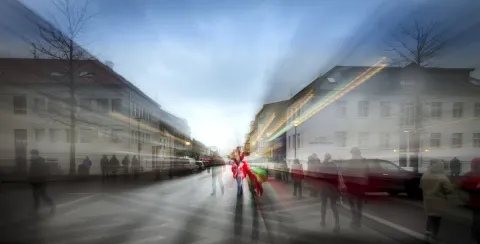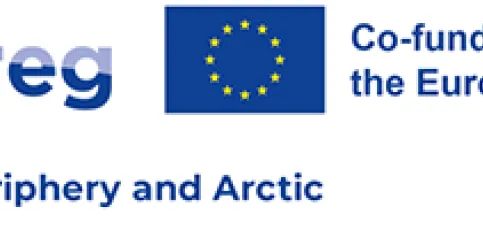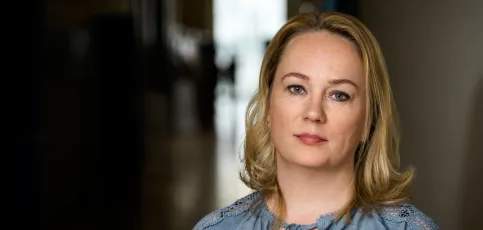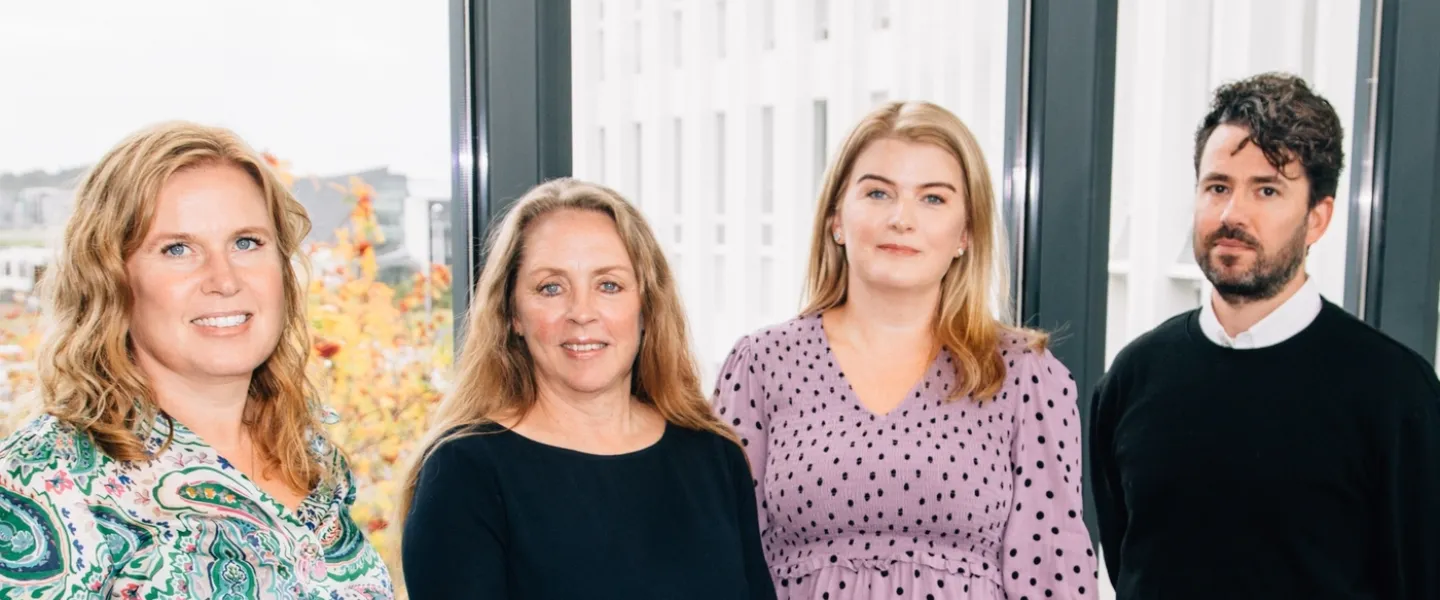
Young women in Iceland experience anxiety in parenthood, and do not see how they are to live up to the ever increasing demands made on women in a society characterised by materialism, individualism and the imminent threat of climate change. At the same time, there is greater understanding in the community than before that people might choose to reject parenthood, even though women still experience hostile reactions due to such decisions. These are some of the findings in an extensive project conducted by an interdisciplinary group of academics at the University of Iceland. They seek to understand the causes for the reducing fertility rates in Iceland, and whether there is something in Icelandic policy making and parenting culture that contributes to this.
The project is called "Fertility intentions and behaviour in Iceland: The role of policies and parenting culture" (Áhrif stefnumótunar og foreldramenningar á barneignir á Íslandi) and received a grant of excellence from the Icelandic Research Fund last year. Those are the largest grants allocated in Iceland to research projects and can amount to over a hundred million krona. The excellence grants are only allocated to research projects that are likely to produce cutting edge Icelandic research on the global scene and the competition for them is fierce.
One of the project leaders is Sunna Kristín Símonardóttir, post-doc in sociology, who has studied motherhood and the different demands made on parents in Iceland from various angles ever since her doctoral studies. "My research is in the field of the sociology of gender, but touches many other fields of sociology in various ways, such as family sociology, sociology of health and class research," she says.
Fertility rates are reducing fast
Sunna points out that Iceland stood out for quite some time in the Western world as the birth rate here remained considerably higher compared to our neighbouring countries. "People in Iceland usually had more children and earlier in life. Fertility rates in Iceland have, however, been reducing fast for the last decade and the latest statistics show that Icelandic women have on average 1.82 children in their lifetime, which is a considerable reduction," says Sunna. She adds that fertility needs to be around 2.1 children to maintain the population in the long run.
The development of fertility is thus becoming similar to the other Nordic countries, where women have children later in life, have fewer children and more women choose not to have any at all. "It is important to analyse and understand this development and we place emphasis on studying the changes in fertility rates in recent years in this interdisciplinary project to gain understanding of the reasons for them. We do this by seeking answers to whether family policy in Iceland sufficiently supports families with children and cover the ever changing diversity and needs of families, as well as analysing how parenting culture influences decision on having children," explains Sunna. This development can have a great impact on communities because if fertility rates are reduced considerably it can affect the age composition and thus society's ability to aptly support all social groups.
